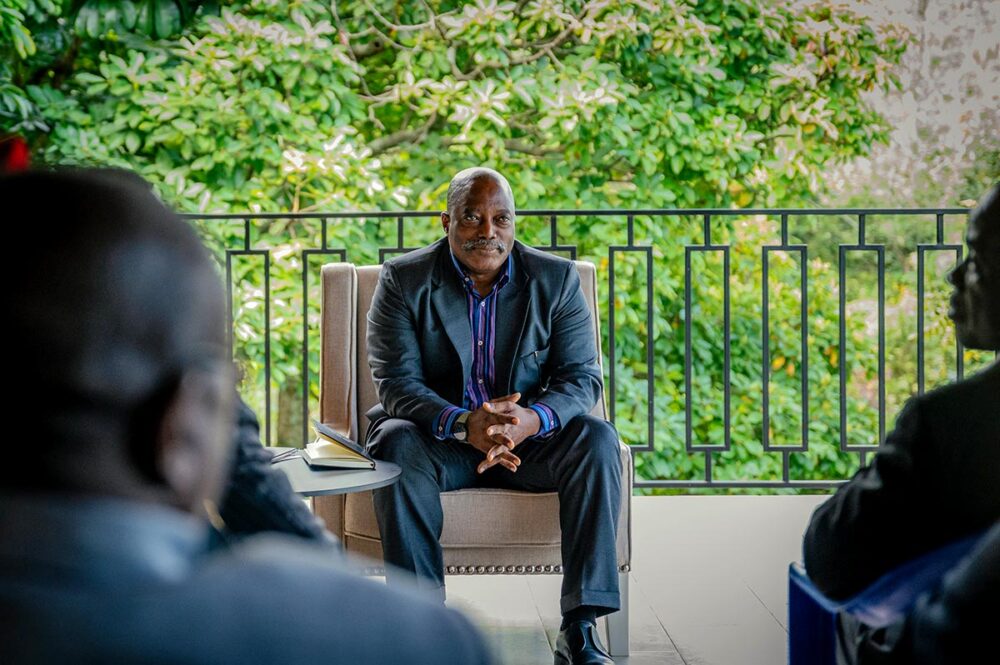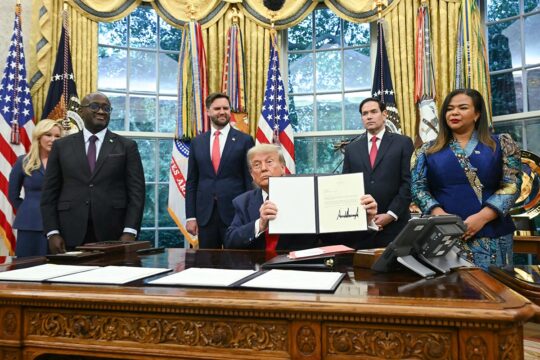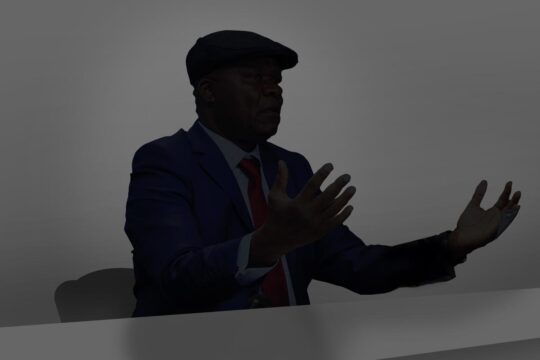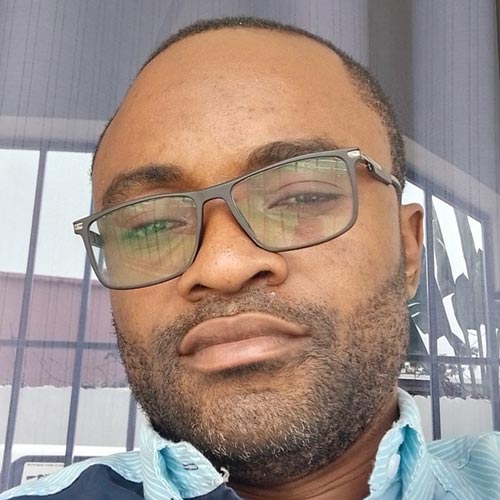JUTICE INFO: In exile for two years, Joseph Kabila, 54, reappeared in May 2025 in occupied Goma. From July 25 he was tried by a military court, which sentenced him to death, describing him as the “leader of the AFC/M23 armed coalition” – an armed group formed in 2012 by rebel officers that occupies part of eastern Congo. What are your thoughts on this?
ITHIEL BATUMIKE: With this conviction, the Congolese government is adopting an ambivalent stance. On the one hand, it seems to want to show its commitment and determination to crack down on perpetrators of violence in the Democratic Republic of Congo (DRC). One of the reasons why this war has been going on for more than 30 years is impunity, injustice and the rewards given to perpetrators of the most serious crimes who find themselves in positions of power, within institutions or within the security services. On the other hand, this conviction also seems to be a contradiction, insofar as the government is in talks with the M23, in talks with Rwanda and engaged in a process of negotiation. It is clear that, through this conviction, the DRC is demonstrating a zero-tolerance policy, but one that remains selective, as there are still other people with similar pasts sitting in institutions. The entire struggle of Nobel Peace Prize winning doctor Denis Mukwege is to end impunity for past and present crimes so that they do not happen again in the future.
But the government seems to be vigorously attacking only those who currently threaten to overthrow it.
Can we call this a political manoeuvre?
The biggest problem with this conviction is that it can also be interpreted as an attempt to silence those who try to criticize the current regime or express different views from it. Since the 2023 [general] elections, the opposition has struggled to exist. It has little representation in parliament, and there have been attempts to muzzle it or force its leaders into exile. In recent months, we have seen that former president Kabila wanted to restructure and remobilize the opposition. One might well ask, and I think rightly, whether this court sentence isn’t just a political manoeuvre aimed at further weakening Kabila politically and reducing his capacity to act, given that he now risks being arrested and extradited to the DRC to serve his sentence.
It is also a form of intimidation. I don’t think I am alone in this analysis. Human Rights Watch refers to it as a “political vendetta”. He has been convicted in absentia, without representation and without the opportunity to defend himself. This does not violate the law, but it does raise questions about the intentions behind such a spectacular trial.
What evidence was presented at the trial?
This was the biggest disappointment of the trial. Many Congolese people were expecting evidence proving that Kabila was or is colluding with the AFC-M23. But throughout the trial, no such evidence was presented to prove his involvement in terms of financing, planning operations or leading the movement. The civil parties promised witnesses, which led to the reopening of proceedings, but they did not ultimately appear. Instead, reference was made through video screenings to Kabila’s statements, or to people who have been hostile to him for many years. This trial therefore lacked impartiality, and there was a serious lack of solid evidence to justify such a severe sentence.
Many Congolese and international human rights organizations have condemned this sentence, saying it was not based on tangible evidence that could convince everyone of his involvement. This remains a stain on the credibility of this court decision. It gives it a political character.
What about the alleged war crimes?
The ruling went along with the prosecution’s indictment, which accused Kabila of being responsible for crimes against peace and the security of humanity. Among the acts considered to constitute war crimes, the court cited rape, torture and murder committed by rebels during their offensives, as well as attacks intentionally directed against civilian populations.
From the start of the war in 2021 to its intensification in 2022 and the fall of Goma and Bukavu, numerous massacres took place and rapes were reported... and those responsible must be held accountable. The big question regarding the way the trial unfolded remains: is he the one responsible, or just a scapegoat? The issue of evidence remains the weak link in this trial.
What should we make of his $30 billion fine to “redress the harm caused”?
This is consistent with the investigations into his fortune, and one might wonder whether the justice system shouldn’t have started by investigating and shedding light on all the financial scandals of Kabila’s reign by establishing who was responsible for what. At the same time, we see the ambivalence here too: the High Military Court refused to order the seizure of his assets, as has been done in previous cases involving members of the AFC/M23 sentenced to death in 2024.
There is also a lot of work that needs to be done in a professional way on identifying victims and centralizing data. I fear that the initiatives currently underway within the framework of the White Paper and FONAREV don’t adequately address this issue so far. In addition, given that only the State and the provinces of North and South Kivu were civil parties in this trial, one may also wonder whether the real victims of what is happening in eastern DRC will ever be able to benefit from these reparations.
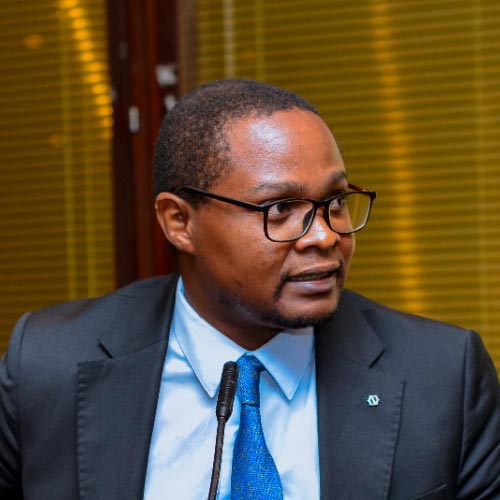
Ithiel Batumike conducts research on political and electoral issues at Ebuteli. A public law specialist, he has ten years of experience in researching and analyzing governance issues in the Democratic Republic of Congo. Before joining Ebuteli, he worked as a member of the Independent National Electoral Commission. He holds a degree in public law from the Catholic University of Bukavu and a master’s degree in international and comparative environmental law from the University of Limoges in France.


